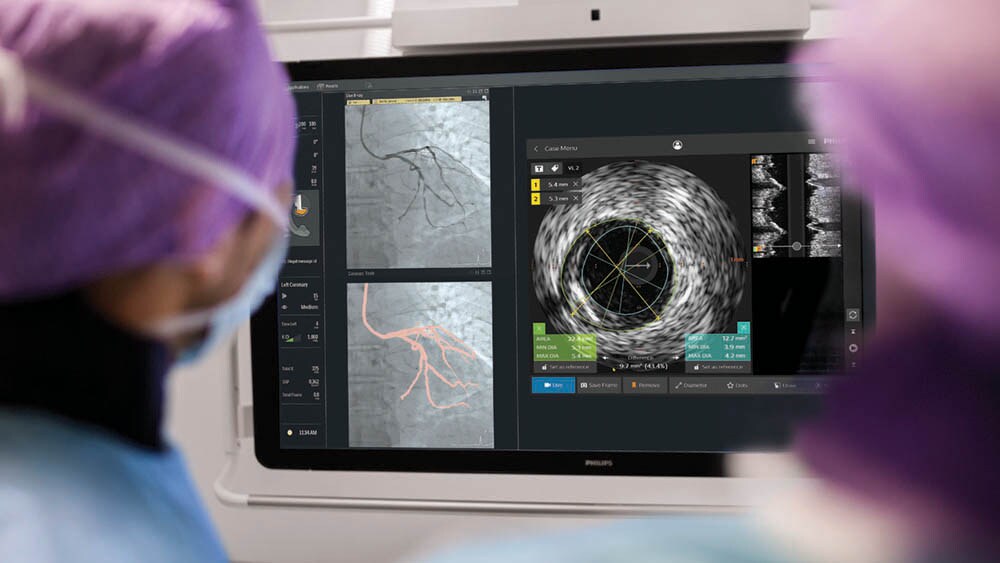Pharma Innovation: Insights from a World Pharma Today Round Table

Innovation is the lifeblood of the pharmaceutical industry, driving advancements in drug discovery, development, and delivery to address unmet medical needs and improve patient outcomes. To gain deeper insights into the current landscape of pharma innovation, World Pharma Today convened a round table discussion featuring industry experts from diverse backgrounds. In this article, we present key highlights and perspectives shared during the round table, shedding light on emerging trends, challenges, and opportunities shaping the future of pharmaceutical innovation.
Harnessing Technology for Drug Discovery and Development:
One of the recurring themes discussed during the round table was the transformative role of technology in accelerating drug discovery and development processes. From artificial intelligence (AI) and machine learning to high-throughput screening and molecular modeling, technological advancements are enabling researchers to identify and optimize drug candidates more efficiently than ever before. The integration of data analytics, bioinformatics, and computational modeling tools is facilitating the design of precision medicines tailored to individual patient characteristics, ushering in a new era of personalized healthcare.
Addressing Challenges in Clinical Trials:
Despite technological advancements, the clinical trial landscape continues to face challenges related to patient recruitment, retention, and data management. Round table participants highlighted the importance of innovative approaches to overcome these challenges, such as decentralized clinical trials, virtual trial platforms, and patient-centric trial designs. By leveraging digital health technologies, remote monitoring devices, and telemedicine platforms, researchers can enhance patient engagement, streamline trial operations, and generate real-world evidence to support regulatory approvals and market access.
Advancing Biopharmaceutical Manufacturing:
Biopharmaceutical manufacturing emerged as another key topic of discussion, with participants emphasizing the need for innovation in process development, scale-up, and manufacturing technologies. The adoption of continuous manufacturing, modular facilities, and single-use systems is enabling greater flexibility, efficiency, and cost-effectiveness in biologics production. Additionally, advances in cell and gene therapy manufacturing are driving progress toward scalable and standardized manufacturing processes to meet growing demand for these innovative therapies.
Navigating Regulatory and Market Access Challenges:
Round table participants also addressed regulatory and market access challenges facing pharmaceutical innovators, particularly in the context of rapidly evolving regulatory landscapes and pricing pressures. Strategies for navigating these challenges include engaging early with regulatory agencies, incorporating health economics and outcomes research (HEOR) into drug development strategies, and fostering collaborations with payers and stakeholders to demonstrate value and ensure timely access to innovative therapies.
Fostering Collaboration and Ecosystem Partnerships:
Collaboration and ecosystem partnerships emerged as critical enablers of pharmaceutical innovation, with participants emphasizing the importance of forging strategic alliances across industry, academia, and government. By fostering an ecosystem of innovation, where ideas, resources, and expertise are shared collaboratively, pharmaceutical companies can accelerate the pace of innovation, drive scientific discovery, and bring transformative therapies to market more efficiently.
The round table discussion on pharma innovation provided valuable insights into the evolving landscape of drug discovery, development, and delivery. By harnessing technology, addressing clinical trial challenges, advancing manufacturing capabilities, and navigating regulatory and market access hurdles, pharmaceutical innovators are poised to drive meaningful advances in healthcare and improve patient outcomes. Through continued collaboration, investment in research and development, and a commitment to patient-centric innovation, the pharmaceutical industry can continue to lead the way in addressing global health challenges and delivering innovative therapies to patients in need.














































